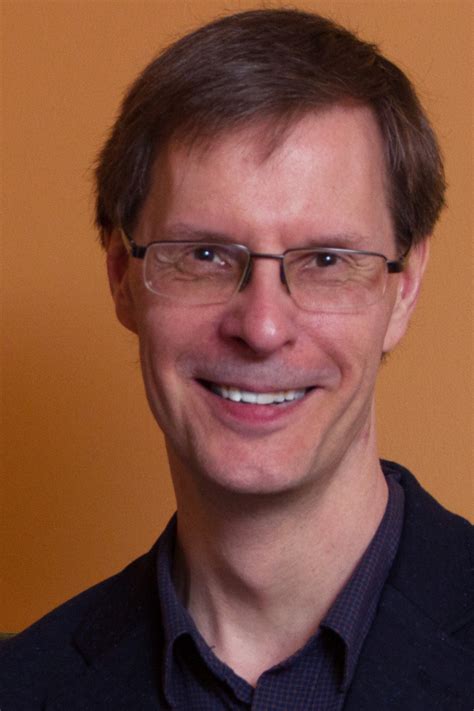Top 17 Quotes & Sayings by Karl Schroeder
Explore popular quotes and sayings by a Canadian author Karl Schroeder.
Last updated on April 20, 2025.
I have been doing technology foresight for a number of years now on the level of scenario design, primarily. I want to become more rigorous with research methodology and statistical methods. I want to shift from creating clever SF scenarios to being a professional forecaster able to make rigorous predictions.
I remember the moon landings, and Apollo was the paradigm by which all progress was measured at that time. And I knew that creating a true space-faring civilization was both possible and practical. What I failed to realize was that the effort would fail due to bureaucratic inertia and political apathy.
Peter Watts has taken the core myths of the First Contact story and shaken them to pieces. The result is a shocking and mesmerizing performance, a tour-de-force of provocative and often alarming ideas. It is a rare novel that has the potential to set science fiction on an entirely new course. Blindsight is such a book.
Introducing a technology is not a neutral act--it is profoundly revolutionary. If you present a new technology to the world you are effectively legislating a change in the way we all live. You are changing society, not some vague democratic process. The individuals who are driven to use that technology by the disparities of wealth and power it creates do not have a real choice in the matter. So the idea that we are giving people more freedom by developing technologies and then simply making them available is a dangerous illusion.



















